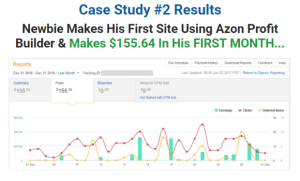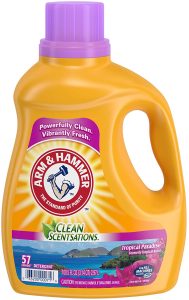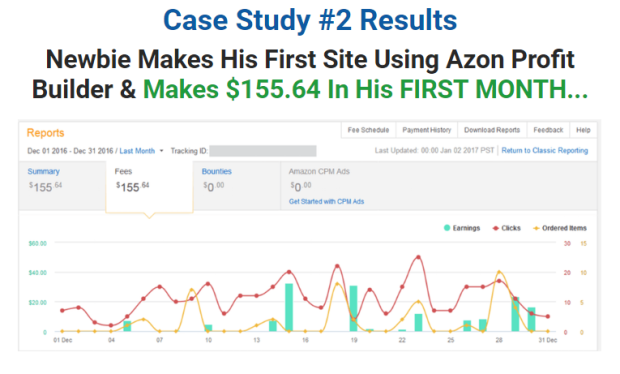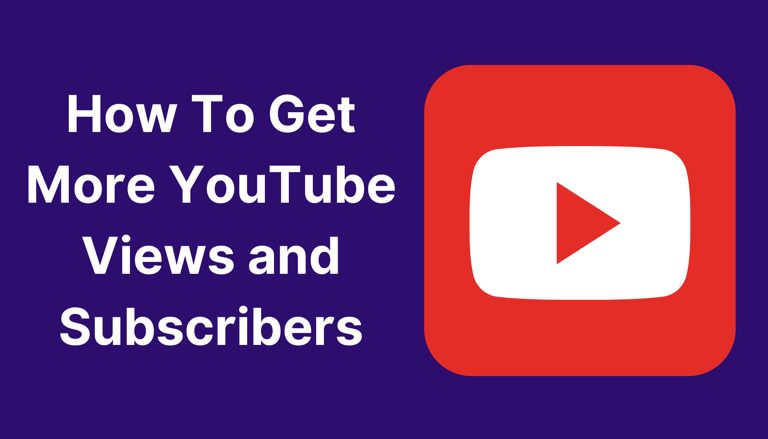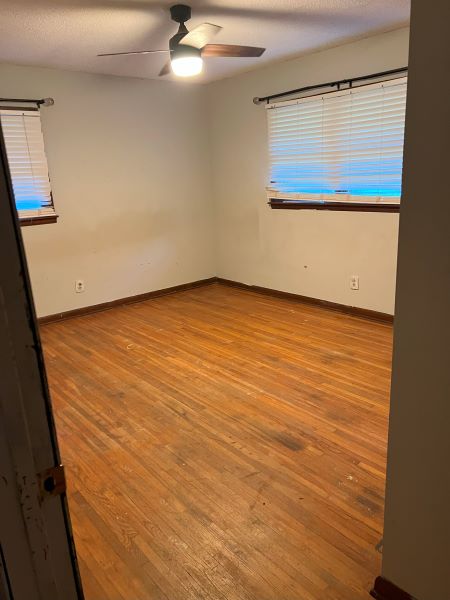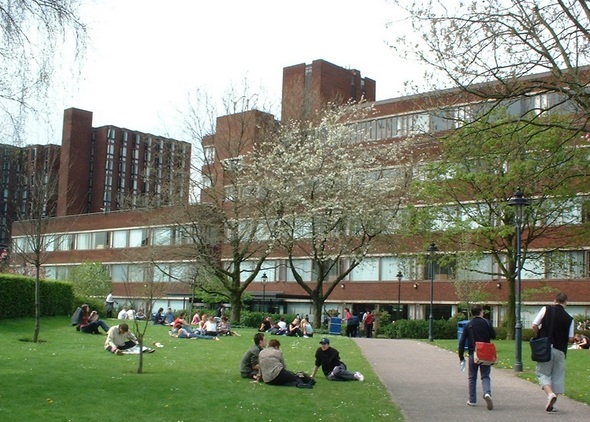The best career is when you match your skills and interests. You could look for careers that have high growth such computer technology, healthcare, biotechnology, fire or police. After all, they are high paying and there is more opportunity for promotion. It sounds great, but if you are not interested and do not have the skills you will not be a good candidate. Success is performing your job well!
Choosing a career is something that requires more than five (5) minutes! Too often, when faced with student loans or other pressing problems, we just take the easy route to a job. For example, if you majored in liberal arts in college and you have not demonstrated your skills in the real world, you decide to become a teacher. It is probably one of the worst reasons to select a profession. I think it is one of the reasons there is a huge turnover in the first five (5) years of teaching.
It is much harder to apply your skills and match your interests in a career particularly if you majored in liberal arts. Companies today are not recruiting for liberal arts majors to enter training programs as they did decades ago. When you consider employment and the looming student debt repayments, you take the easier route to a job. It may be one of the reasons; there is so much turnover in the first years of employment. If you turn back the clock to when you start college, it is an excellent time to learn and apply skills.
Normally, I am talking about planning your future in terms of your financial goals, however career goals are no less important. I think you should investigate your interests and career choices in school. You can start at anytime. Your parents can expose you to their careers and associated careers in elementary school and you can investigate what you like in intermediate or high school. I introduced an Introduction to Careers class to my high school students where I brought speakers to inform my students.
Your interests are up to you! As you start to figure out what interests you, you should find out what skills you need to perform that particular career. If you are interested in medicine, you should find out enough to know that science is an important part of you skills. Performing well in your science classes is important to achieve your goals. Whatever your choices, you need to learn what skills are needed to achieve and perform your career choice.
Planning your Career
What are your interests? – You can start with a blank piece of paper and write down all the things you like to do. Your paper should not remain blank for long because whether you are twelve (12) or eighteen (18), you spend your time doing things beside school. It may be in the range from play such as sports to what you like to read about. I have talked to students who want to be professional athletes, but probably do not have the skills to make it. I suggest that they consider other careers that support the athletes in sports.
Athletes need coaches, trainers, physical therapists, doctors, accountants, attorneys, agents and much more. There are many jobs in professional sports directly or indirectly. Your interests are probably all over the place, but you need to think about you would like to do as a career. It can range from working indoors or outdoors, working with your mind or more hands on. It starts with the question of what are you interest in doing as a career or what career interest syou enough to do what is necessary to achieve it?
Start with what you like – It may be hobbies, sports or what you do with parents or others. What do you spend hours doing? It could be drawing, sports or computers. I think the question you should ask your self is would you enjoy spending ten (10) to twelve (12) hours a day doing what you do now as a career? As you do these things, you learn skills and may even become good at it. Are you willing to learn more and make it a career? You already enjoy what you do, you need to investigate it as a career.
What are you good at? – You may know you are good at sports because you are on the baseball team. What you do in school is an important part of your career decision. You can start with the classes or extra-curricular activities you do in school. For example, I was good in math in school and I took those skills into accounting in college. When I graduated college, I decided on a career in accounting and finance. During my career, I was a financial analyst, programmer, administrator, manager, executive and entrepreneur. I accumulated skills in school besides math that helped me achieve the success in the corporate and business world.
Soft skills – By now you figured out what you like and what you are good at, but that is not enough. Soft skills are personality traits, social graces, communication, language, personal habits, friendliness, managing people, leadership, etc. that characterize relationships with other people. More than technical competence, soft skills can get you fired! In addition, employers are looking for problem solving skills, critical thinking, conflict resolution, work ethic, integrity, positive attitude, time management, self confidence, and working under pressure. These skills apply to every job, career and profession.
Explore careers – You should explore yourself and talk to people whose careers you are interested in. Then take it to the next step! Ask questions, spend time, job shadow and repeat until you can make a good decision. If you were interested in law, you should spend enough time with a practicing attorney who performs the kind of law you are interested in. You should spend enough time to see what the attorney does on a regular and even irregular basis. You may decide that you are no longer interested in law or it may be just that specialty. You can meet other attorneys to learn more. In fact you should!
Training/Education – This is where you accumulate skills in a career. You learn them in school and spend years practicing until you are good at them. If you select a career you enjoy, the rest just follows. Usually the training involved stops some people from entering the profession. I know a lot of students who say they want to become doctors until they realize how hard it ti to become a doctor. It is part of the filtering process to keep out people who are not qualified.
Final thoughts
Finding a job normally is not difficult, but finding a career requires much more thought. A job is something you do without much concern for the long term. May people get stuck in jobs though and think it is their future. Most careers start with training/ education and you build your skills and knowledge through experience. You usually work at a career and shape it the way you want. You could start out as a prep cook and end up a chef/owner of a successful restaurant. It starts with your interests, skills and talents and you make your career successful.
Photo by: Flickr
SOURCE: KrantCents – Read entire story here.






